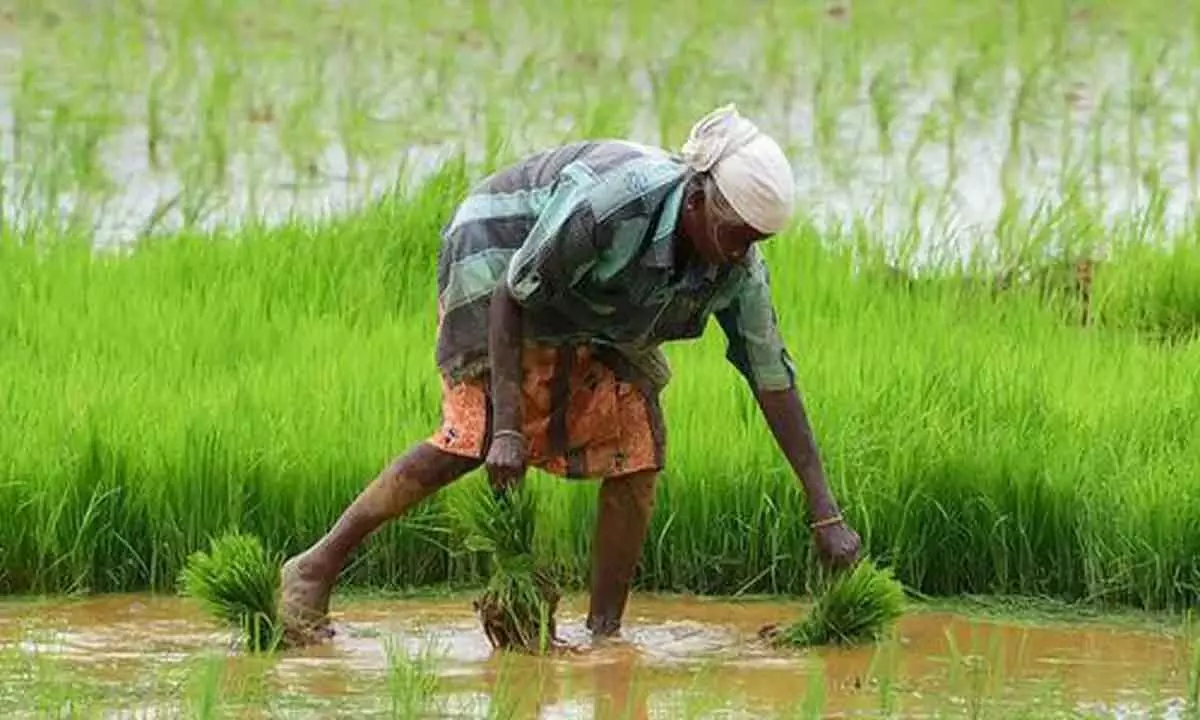Farm policy needs a paradigm shift on a priority basis
image for illustrative purpose

Adhocism continues to be the defining feature of export and import of agricultural produce. After economic reforms of more than 32 years, one would expect a transparent foreign trade policy pertaining to farm goods, a policy based on data with clearly specified trigger points for restrictions or outright ban on the export or import of any particular item. That doesn’t seem to be happening. A news report on Thursday indicated that the government is likely to ban sugar exports from October 1, towards which a notification is expected. The sugar season begins in October and ends in September of the next year. While India sold a record 11 million tonnes (MT) of sugar in 2021-22, exports were restricted to about six MT in 2022-23 to avoid a shortfall in domestic markets and control prices, even as there is the issue of ethanol production using sugar. Towards this, about 45 LMT of excess sugar was diverted for the sugar season 2022-23. The government wants this to go up to 60 LMT by 2025. It is not only sugar whose export and import face mood swings of the powers that be, there are also other commodities that are subject to such whims and fancies. There was a ban on rice export in July, which saw prices soar by 20 per cent in key exporting countries like Thailand and Vietnam. Lest one forgets, India is the world’s biggest exporter of the grain.
Three points need to be made here. First, the concern over domestic prices seems to have eclipsed all other concerns. While inflation, especially food inflation, is an issue no government can afford to ignore, the solution must be sought elsewhere, not in arbitrary orders like banning export of one item or import of another. The government’s endeavor should be on supply-side push rather than executive fiats. In general, government intervention, like import and export bans, should be the exception rather than the rule; and it should happen when things go out of hand, not just because someone in the system or close to it has some apprehensions or misgivings about skyrocketing prices. Secondly, if the interests of consumers are important, so also are those of farmers and other stakeholders in the agriculture sector. Frequent government interventions in the sector erode the sector’s policy predictability, which is very important for its brisk growth. Let the forces of market strive to strike a balance between the interests of farmers and consumers. And, finally, it is time the policy and decision makers did a cost-benefit analysis of government intervention in agriculture.
Reacting to the rice ban export in July, Ashok Gulati, professor at Indian Council for Research on International Economic Relations (ICRIER), said that India is overproducing rice, which was impacting water availability. “Rice area planted as of today is more than that of last year. Our procurement has always been way above what we need on rice. We are overproducing… In Punjab, for example, the water table is being depleted like anything and creating greenhouse gas emissions,” he said. In fact, the entire agriculture policy needs a paradigm shift. The need of the hour is a policy that is data-based, reasonable and predictable.

